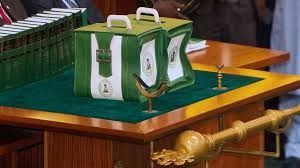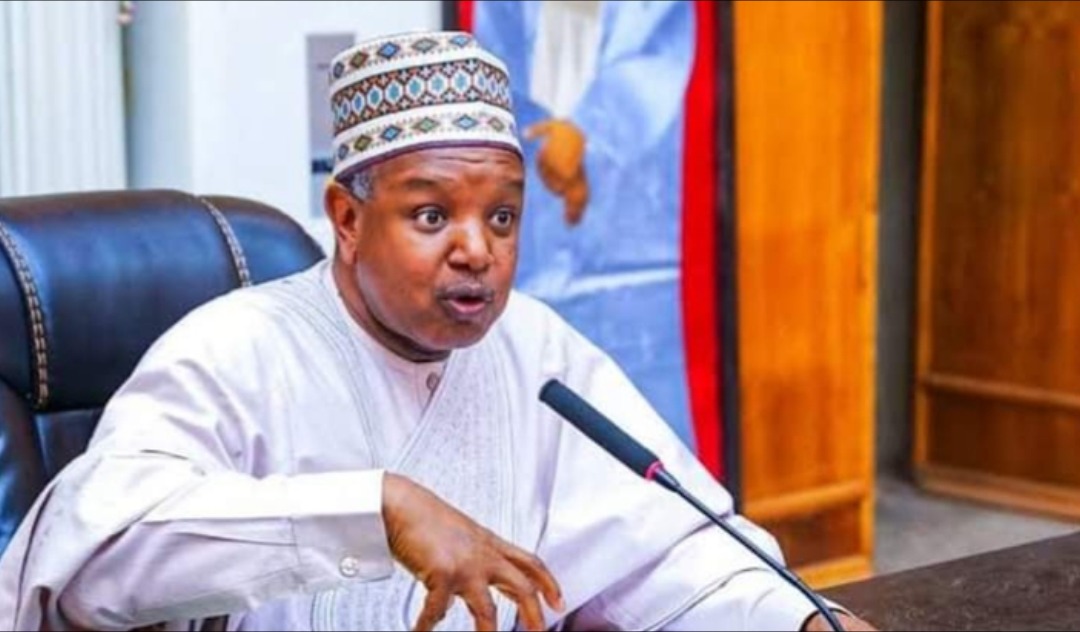Nigeria’s 2025 budget came under further pressure yesterday as the price of Bonny Light crude oil grade dropped to an average of $60 per barrel from $65 per barrel in the international market, yesterday.
The execution of the budget was benchmarked on $75 per barrel and more than two million bpd output including condensate.
Nigeria’s budget is funded largely from crude oil revenue.
In its latest Monthly Oil Report, the Nigerian Upstream Petroleum Regulatory Commission, NUPRC, said Nigeria’s March 2025 oil output, including condensate dropped marginally to 1.6 million bpd from 1.7 million bpd in February, showing more than 300,000 bpd below the budget benchmark.
Checks by Vanguard indicated that the international oil market was negatively impacted due to increased production and export from many nations even as the Organisation of Petroleum Exporting Countries, OPEC, and its allies, popularly known as OPEC+ move to phase-out their voluntary oil output cuts by ramping up output in May with additional 411,000 barrels per day output.
In a telephone interview with Vanguard, yesterday, the Chief Executive officer of Petroleum Price NG, Olatide Jeremiah, said: “We are witnessing a major drop in crude oil prices, expected to affect the implementation of the nation’s budget.
“The downstream has also been impacted. After the holiday, oil marketers would likely reduce depot prices of petroleum products if the situation remains unchanged.”
Chief Executive Officer, CEO, Nigerian Midstream and Downstream Petroleum Regulatory Authority, NMDPRA, Farouk Ahmed, recently said: “As consumers, we are happy that the price is coming down, but as a nation, it’s not good for our economy because our revenue inflow is also impacted.
“Most importantly, what is even destabilising the market is the inconsistencies in the way President Trump sends his policy signals. He moves today. Tomorrow, he reverses. So, it’s been challenging to predict the next level”.

